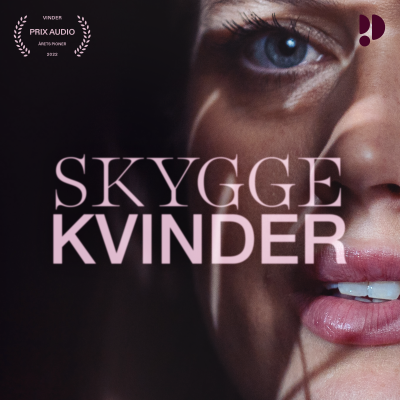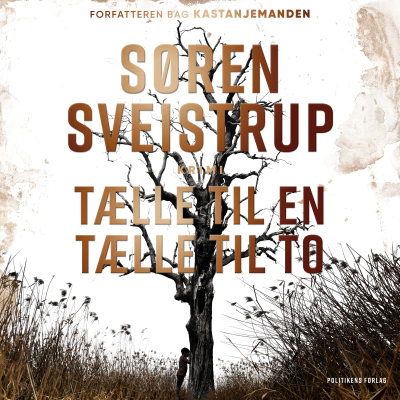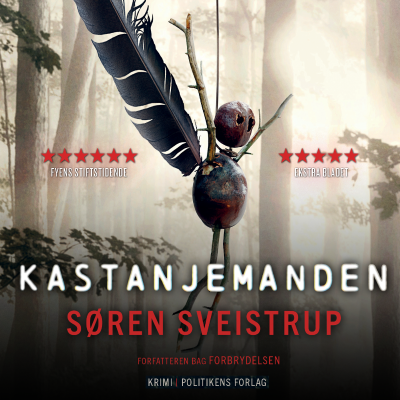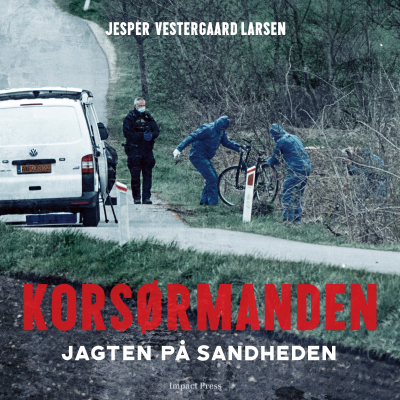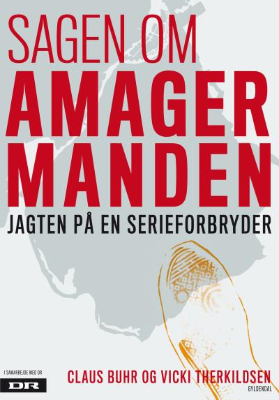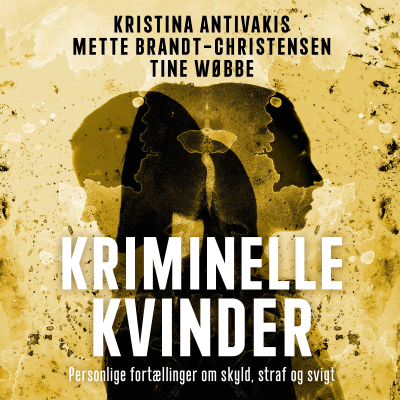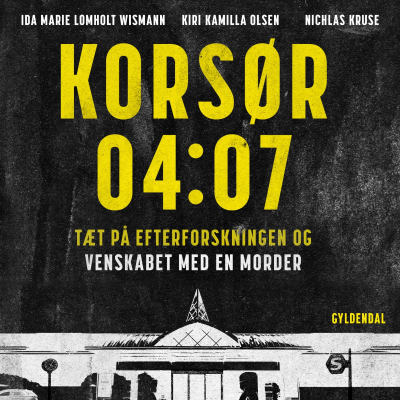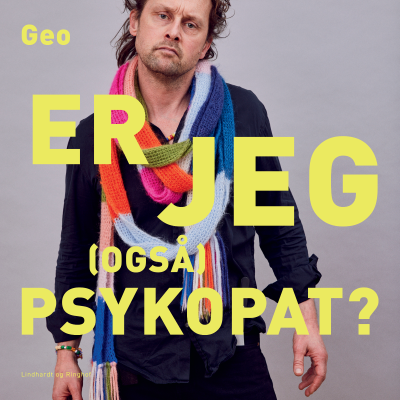
Kickass Conferences Talk Show
Podcast af Kickass Conferences
How do you create a kickass conference? Strategy. Twice a month, Executive Producer Isaac Watson and Operations Manager Nessa Jimenez discuss the strategies behind creating events with smart design and a stellar attendee experience at their core. If you've ever wanted to host a conference or event series, this podcast is for you. You can find us at kickassconf.com This podcast uses the following third-party services for analysis: Chartable - https://chartable.com/privacy
Begrænset tilbud
3 måneder kun 9,00 kr.
Derefter 99,00 kr. / månedIngen binding.
Alle episoder
10 episoderIt's our birthday! In today's episode we dive into the history of KC, how it was born, how we got here and where we're going Timestamps to relevant points within the episode: 00:00 Intro 01:46 Isaac experiences 2 very impactful events 07:29 From freelance to a "real business" 12:33 Nessa and Isaac share their favorite memories so far 20:49 TL;DL episode recap If you found this episode helpful, please share it! Visit our website [http://www.kickassconf.com/] at kickassconf.com [http://kickassconf.com] Follow us on LinkedIn [https://www.linkedin.com/company/kickassconf] Next Episode: Why do so many conferences still only have white male speakers on their line ups? Nessa and Isaac address the controversy and discuss how creating an inclusive lineup isn't just simple, but non-negotiable. This podcast uses the following third-party services for analysis: Chartable - https://chartable.com/privacy
The Code of Conduct is more than just a terms of service. They help your attendees feel safe. They help you know how to address potential issues. So what happens when something actually goes wrong? Timestamps to relevant points within the episode: 00:00 Intro 00:49 Where do Codes of Conduct come from? 05:16 Three components of a good Code of Conduct 12:07 What should you actually do when a CoC violation is reported? 16:30 Codes of Conduct apply online too! 19:12 Taking action 22:29 TL;DL summary of the episode Key takeaways * Codes of Conduct you aren't willing to implement are useless! * Your CoC needs to be updated constantly; You can't just copy and paste something that you found on a conference website from five years ago * A good Code of Conduct is communicated. Put it out there to your attendees, your speakers, to your sponsors, even to internal staff. If you don't, then it makes it really hard to enforce or back that information up * A good code of conduct is enforcement and has a plan of action attached to it * A Code of Conduct is not "wokeness" cred. Stop using it that way. * It's not just about what you're going to do when something happens. It's also, how are you paying attention to what's happening? If you found this episode helpful, please share it! Visit our website [http://www.kickassconf.com/] at kickassconf.com [http://kickassconf.com/] Follow us on LinkedIn [https://www.linkedin.com/company/kickassconf] Next episode: It's Kickass Conference's birthday! We are celebrating with a special episode. This podcast uses the following third-party services for analysis: Chartable - https://chartable.com/privacy
Event accessibility is not just about captions or a ramp at the entrance. Accessibility is about full access. How are you making it easy for all of your attendees to participate fully in your event? This week we discuss our thoughts on accessibility in the events industry and some of our lessons learned. Timestamps to relevant points within the episode: 00:00 - Intro 01:16 - #DisabilityDongles 03:40 - Accessibility is access 12:53 -Our lessons learned about captions 17:33 -Our lessons learned about geographic accessibility 23:47 - TL;DL recap Key takeaways from this week's episode: * Liz Jackson, disability advocate and strategist, teaches about #DisabilityDongles: solutions to a highly specific problem that isn't actually the solution to the problem. * There's so many different ways we can talk about accessibility across an entire spectrum of people, abilities, modalities, and economic positions. Event organizers and producers just aren't thinking about this enough and instead use the ADA as their only basis for helping people access events. * Even if you "only" have two or three people who have a direct benefit from a particular accessibility service, that service is still valuable and valid. * Having captions for your virtual event isn't helpful if your captions are low quality (inaccurate) and hard to access. * The same tools used to used at in person events do not necessarily translate in the same way as the tools that are available through live streaming. RESEARCH and adapt. * In terms of geographical accessibility, are you presenting valuable content to people all around the world, or is it only designed for your specific region? * How are you making your content/event easier for your international audience to consume and fully participate in? Resources relevant to this episode Liz Jackson: https://linktr.ee/eejackson [https://linktr.ee/eejackson] If you found this episode helpful, please share it! Visit our website [http://www.kickassconf.com/] at kickassconf.com [http://kickassconf.com] Follow us on LinkedIn [https://www.linkedin.com/company/kickassconf] Next episode: Codes of Conduct, what the heck are they for? And why do so many conferences use them wrong? This podcast uses the following third-party services for analysis: Chartable - https://chartable.com/privacy
So you're going to speak at a conference. How do you make the most impact with your presentation, especially in this world where it could be virtual, it could be in-person, it could be hybrid, it could be something entirely different that we haven't even discovered yet. How do you do this? This week, what it really takes to give a talk the audience actually wants to listen to. Timestamps to relevant points within the episode: * [01:22] - How to give a standout talk in an intra-pandemic or post-pandemic world * [05:10] - An attendee's surrender to the speaker * [10:48] - Conference organizers should be caring more deeply and investing more heavily in the quality of the presentations being given at their conferences. * [13:45] - The new set of skills speakers need to develop * [18:07] - Start with good content * [19:59] - TL;DL summary of the episode Key takeaways: * Care deeply about your topic * Know who you're speaking to * Know your outcomes. Start with the end. * With online events, there is no social contract keeping the audience in their seats. It's more important than ever to work to keep them engaged. * Start with good content and then develop the performance skills unique to the particular presentation format. * Look to other types of performers who've figured out how to pivot to virtual; YouTubers, stand up comedians etc. * Conference organizers should be caring more deeply and investing more heavily in the quality of the presentations being given at their conferences. * Zoom fatigue is not an excuse for boring content. If you found this episode helpful, please share it! Visit our website [http://www.kickassconf.com/] at kickassconf.com [http://kickassconf.com] Follow us on LinkedIn [https://www.linkedin.com/company/kickassconf] Next episode: Event accessibility, it's more than ramps. This podcast uses the following third-party services for analysis: Chartable - https://chartable.com/privacy
With the avalanche of new online event platforms and tools launched in the last 15 months (thanks, pandemic), how are you supposed to know which one's the best? How do you choose what'll give you the greatest chance at success? Is there really "one to rule them all" event tech out there? Timestamps to relevant points within the episode: * [00:00] - Intro * [02:15] - The two major types of event tools * [08:32] - How to reframe your thoughts when looking for the right tools * [11:00] - How do you figure out what you need? * [15:19] - Building your tech stack * [23:58] New segment! Too long; didn't listen, the TL;DR version of this episode Key takeaways from today's episode * Reframe your thinking: don't look for the best tool out there, know your strategy and goals first, then look for what serves those best. * The event platform shouldn't be there first thing you look for when producing a conference. * The only right tool is the one that works for your particular audience and your particular needs in that moment. There is no blanket 'right' thing. * There isn't one event tool that does it all- yet. Instead, build up your tech stack with tools that play nicely together. Learn about our EventLab at kickassconf.com/eventlab [http://kickassconf.com/eventlab] If you found this episode helpful, please share it! Visit our website [http://www.kickassconf.com/] at kickassconf.com [http://kickassconf.com] Follow us on LinkedIn [https://www.linkedin.com/company/kickassconf] Music courtesy of When There Were Animals. Find them on Spotify [https://open.spotify.com/artist/5hZQf3pKv8ULzOqFzvvD4H?si=NKSaeyU7S2W2a4D5elbz0w&dl_branch=1] Next episode: Have you ever wanted to speak at a conference or make speaking your next career move? Find out how to attract attention from conference producers and hosts and put your best foot forward. This podcast uses the following third-party services for analysis: Chartable - https://chartable.com/privacy
Begrænset tilbud
3 måneder kun 9,00 kr.
Derefter 99,00 kr. / månedIngen binding.
Eksklusive podcasts
Uden reklamer
Gratis podcasts
Lydbøger
20 timer / måned

